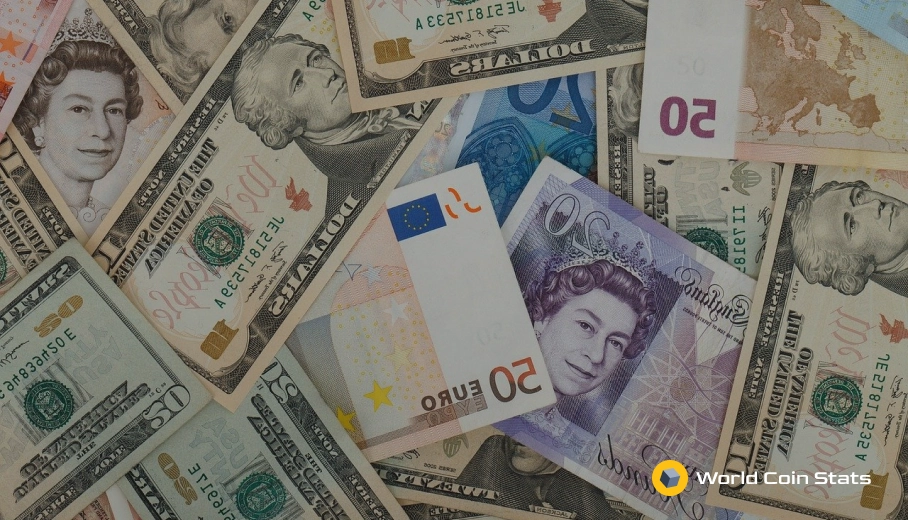What is a Good Credit Score?
You know you need ‘good’ credit to get a loan, credit card, rent an apartment, or even get a job sometimes, but what is good credit? What score tells lenders, employers, or landlords that you’re a good risk?
It depends. Let’s take a closer look at credit scores below.
The Credit Score Range
First, let’s look at the credit score ranges. Credit scores start at 300 and go up to 850. Does that mean you need an 850 credit score to have good credit? Fortunately, it doesn’t and less than 2 percent of the population has a perfect credit score.
According to the credit bureaus, if you have a credit score of at least 670, you have good credit. If your credit score is between 580 – 669, you have fair credit and may have trouble getting financing. If you get it, you’ll pay higher fees and/or interest rates.
Consumers with a credit score between 740 – 799 have exceptional credit and usually get the most favorable terms and interest rates.
What Makes up a Credit Score?
Your credit score changes monthly, and sometimes more often as it’s based on your financial habits. You need good financial habits if you want a good credit score. Here’s the breakdown of how credit scores work:
- 35% is your payment history – Do you pay your bills on time? Any bill that’s 30 days or more late affects your credit score negatively. Pay your bills on time, and the most significant component of your credit score will have a good impact.
- 30% is your amounts owed – How much credit do you have outstanding compared to your available balance? The credit bureaus reward consumers with a credit utilization ratio of less than 30%. For example, if you have a $1,000 credit line, keep your outstanding balance at $300 or less.
- 15% is your credit age – How old is your credit? How long have you had your credit accounts? Newer accounts bring your credit score down, and older accounts help it. Even if you have credit cards you no longer use, keep them open to improve your credit age.
- 10% is your credit mix – Credit bureaus don’t like it when you have all revolving debt (credit cards). They want a mixture of credit and installment debt to show your financial responsibility.
- 10% is your new credit – Avoid opening several new credit accounts at once. Credit bureaus frown upon this and may decrease your credit score to reflect the riskiness of it.
How do you get a Good Credit Score?
Now that you know what makes up a credit score, you must figure out how to maximize it. Here are a few simple tips:
- Pay your bills on time. This is crucial. Even one 30-day late payment can hurt your credit score, so if you have late payments, bring them current as quickly as you can. The longer your late payments sit, the more they hurt your credit score.
- Keep your credit balances low – Get in the habit of only charging what you can afford to pay off in full. Keeping a credit card balance doesn’t help your credit score, and if it’s over 30% of your credit line, it may even hurt it.
- Only apply for credit you need – Don’t apply for every credit card application or ‘pre-approval’ you receive. If you don’t need the card, don’t apply for it. Even inquiries bring your credit score down 5 points, which, if you have too many inquiries, can bring your score down significantly.
- Check your credit report often – Mistakes, fraud, and identity theft happen often. Check your credit report at least once a year, by accessing them here. You can pull each credit bureau once a year. You can pull them all at once or spread them out. If you see errors or fraudulent activity, report it right away.
A good credit score may be subjective, based on the lender, landlord, or employer. Don’t take a chance with a low score, though. Do what you can to improve your credit score, ensuring that anyone that looks at it views you as a reasonable risk and not someone that defaults on their debts and is a high risk. This could lead to fewer loan approvals, higher interest rates, and even a tougher time finding a job.




